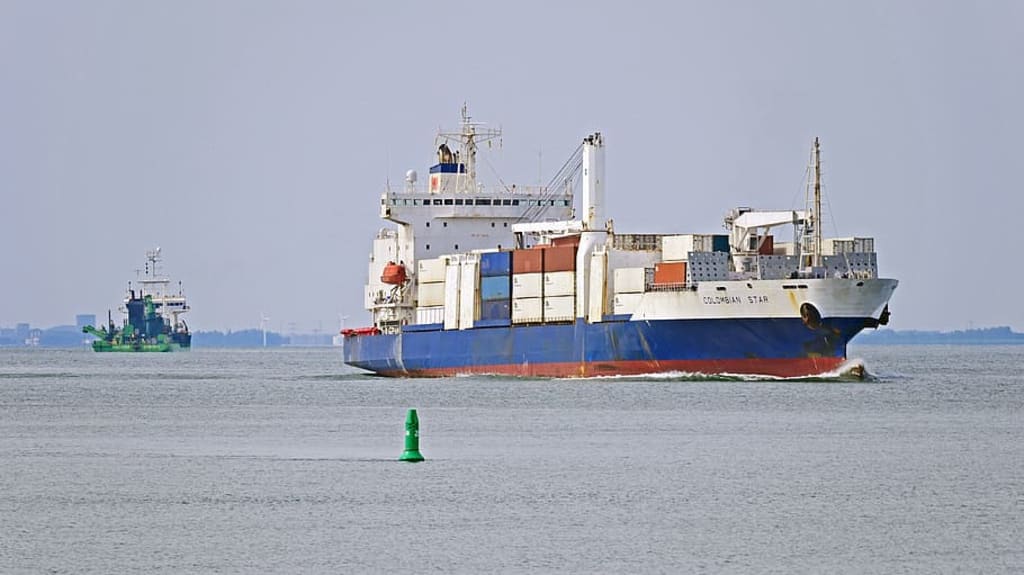What is Hull Insurance?
Types of Hull Insurance

Hull insurance is a type of insurance that provides coverage for the physical damage or loss to the hull and machinery of ships or vessels. It is designed to protect ship owners or operators from financial losses arising from various risks and perils that can cause damage or destruction to the vessel.
Hull insurance typically covers the following components:
1. Hull: The hull refers to the main body or structure of the vessel, including the hull plating, decks, superstructure, and other integral parts. Hull insurance provides coverage for damage or loss to these components caused by accidents, collisions, grounding, or other covered perils.
2. Machinery: This includes the propulsion systems, engines, boilers, generators, and other machinery installed on the vessel. Hull insurance covers damage or breakdown of machinery due to mechanical failure, fire, or other covered events.
3. Equipment: Various equipment and systems on board the vessel, such as navigational equipment, communication systems, safety equipment, and cargo handling equipment, may be covered under the hull insurance. Damage or loss to these items due to covered perils is typically included in the coverage.
Hull insurance policies may offer different levels of coverage, ranging from basic named perils coverage to more comprehensive all-risk coverage. Common perils covered by hull insurance include accidents, collisions, grounding, fire, explosions, storms, piracy, theft, and natural disasters.
In addition to physical damage coverage, hull insurance may also include other optional coverages, such as liability coverage for damage caused to third-party property or vessels, wreck removal expenses, salvage costs, and pollution liability.
Hull insurance is essential for ship owners and operators to protect their valuable assets and financial interests. It helps to mitigate the risks associated with owning and operating vessels, providing financial compensation for repairs, replacements, or total loss in the event of covered damage or loss.
Types of Hull Insurance
Hull insurance is a type of insurance that provides coverage for the physical damage or loss to the hull and machinery of ships or vessels. It typically includes coverage for the vessel's structure, equipment, and machinery. There are different types of hull insurance policies available to meet the specific needs of ship owners and operators. Here are some common types:
1. Comprehensive Hull Insurance: This type of hull insurance provides coverage for all risks of physical loss or damage to the insured vessel, subject to certain exclusions mentioned in the policy. It offers broad protection and is the most extensive form of hull insurance available.
2. Total Loss Only (TLO) Insurance: TLO insurance covers only the total loss of the insured vessel, typically due to events like sinking, collision, fire, or stranding. It does not cover partial losses or damages. TLO policies are often used for older or higher-risk vessels.
3. Partial Loss Only (PLO) Insurance: PLO insurance covers partial losses or damages to the insured vessel, excluding total losses. It provides coverage for repairs or replacements resulting from specified perils, such as grounding, collision, fire, theft, or weather-related damage.
4. Named Perils Insurance: This type of hull insurance covers specific named perils or risks mentioned in the policy. Common perils include fire, explosion, sinking, collision, piracy, and natural disasters like storms or hurricanes. It provides coverage only for the listed perils.
5. Running Down Clause (RDC) Insurance: RDC insurance provides coverage for the liability of a vessel owner if their vessel collides with another vessel or object, causing damage or loss. It covers legal liabilities arising from collisions and is often purchased by ship owners as part of their hull insurance.
6. War and Strikes Insurance: This type of hull insurance covers risks associated with war, acts of terrorism, or strikes that may result in damage or loss to the insured vessel. It provides protection against perils that are typically excluded from standard hull insurance policies.
It's important to note that the specific coverage, terms, and conditions of hull insurance policies may vary among insurance providers. Ship owners or operators should carefully review the policy documents and consult with insurance professionals to understand the extent of coverage and any exclusions or limitations.
About the Creator
Jayant Upadhyay
Jayant is a content marketer and leading strategist. He has 12 years of experience in content and digital business. When he is not writing, he is gardening, listening to songs and reading novels. He is working with BimaKavach






Comments
There are no comments for this story
Be the first to respond and start the conversation.